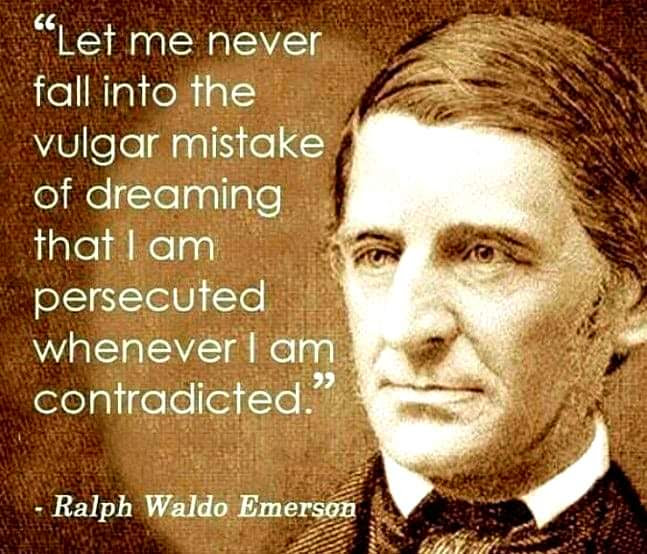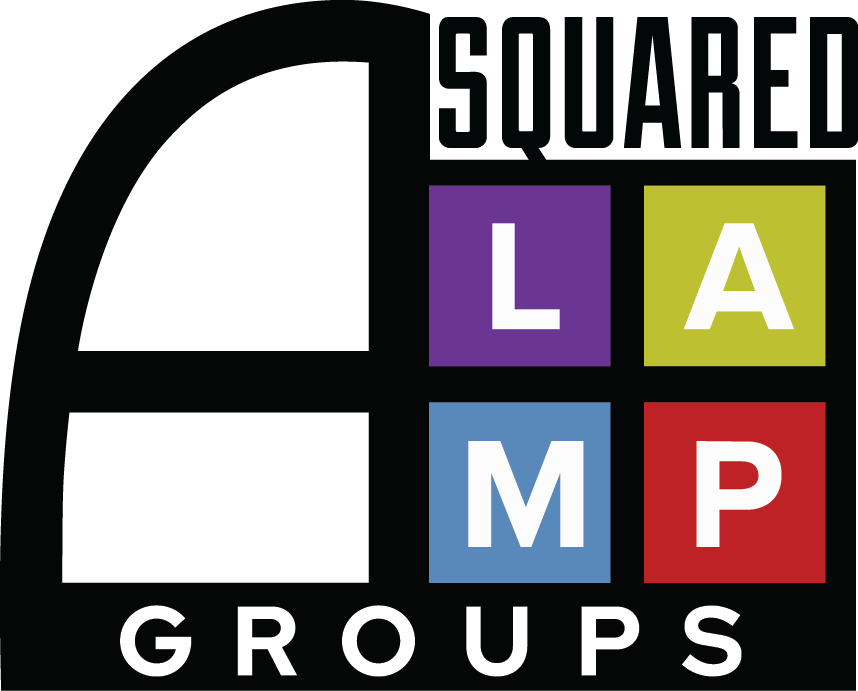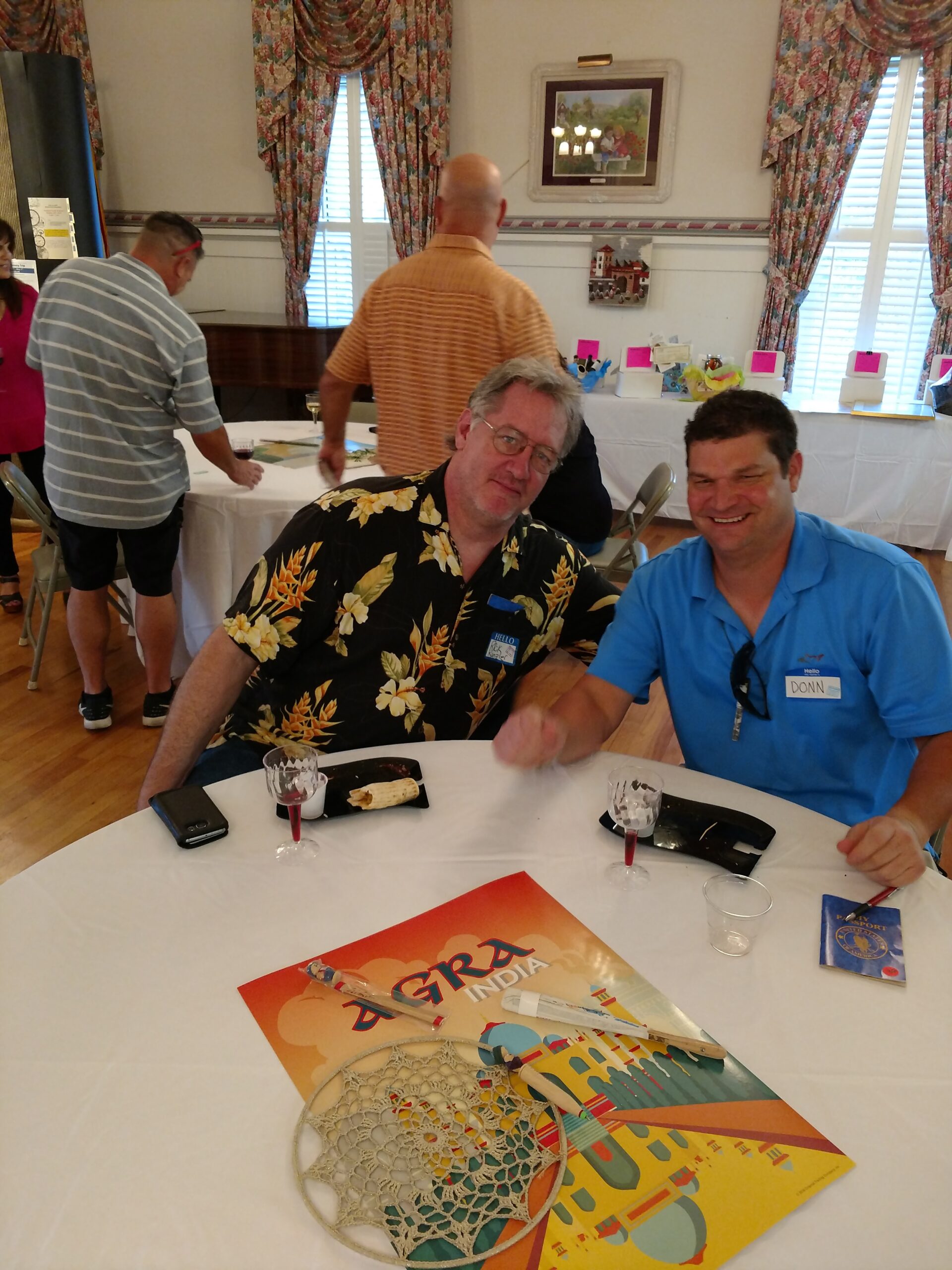ARTICLE SERIES ON BENCHMARKING LEADERSHIP & TEAMS
Part 1 of 6: "I AM THE BENCHMARK" LEADERSHIP
By John Boggs; MAT, MSOL
Knowing what you don’t know and the search to fill that gap in knowledge is, according to Socrates, one of the most noble truths; one which too many people never pursue. That is, the ego doesn’t want to acknowledge that the self doesn’t know something/everything. This can pose to be particularly dangerous when leading a team to develop and/or implement a project. When operating from the comfort of a singular mindset one is used to, it is easy to overlook or under-appreciate both risks and opportunities, much less the wisdom of others.
 The leader who is willing and able to let go of ego and allow his/her teams’ strengths a space to thrive, will improve the ability to assess risks and make positive decisions. Casting a wider net of creative problem solving ideation, with the blinders of ego removed, the team will be able to consider broader solutions, limit discouragement, and minimize disappointment. Failure is still likely to happen at points along the path of the project, but individuals and teams are more likely to learn lessons from failures and turn them into positive, actionable opportunities. In other words, with the ego out of the way, the self may humbly and authentically open up to the perspective of others, or more pointedly, the strengths of others. When a leader can claim “I don’t know it all,” the space for learning is created, and with learning, comes growth.
The leader who is willing and able to let go of ego and allow his/her teams’ strengths a space to thrive, will improve the ability to assess risks and make positive decisions. Casting a wider net of creative problem solving ideation, with the blinders of ego removed, the team will be able to consider broader solutions, limit discouragement, and minimize disappointment. Failure is still likely to happen at points along the path of the project, but individuals and teams are more likely to learn lessons from failures and turn them into positive, actionable opportunities. In other words, with the ego out of the way, the self may humbly and authentically open up to the perspective of others, or more pointedly, the strengths of others. When a leader can claim “I don’t know it all,” the space for learning is created, and with learning, comes growth.
Here, it is important to point out that letting go of ego is not the same thing as lacking confidence- they are two completely different things. Again, a confident person can self-identify that he/she doesn’t know something, and if they can learn to trust in others’ abilities, successful outcomes are more likely. Additionally, leaders who demonstrate confidence evoke trust in them, trust being critical to managing risk and effecting positive change.
Of course, there are two layers to confidence and trust. First, confidence and trust in oneself, second is in one’s team. Both are critical to success. My greatest professional mentor demonstrated both, empowering others to make decisions, but not afraid to make them herself, when circumstances required it. Alternatively, I had a leader who showed so little self-confidence, yet a strong ego, and had little trust and faith in his team members. Two authors and experts in leadership from whom I have learned much are Patrick Lencioni and John Glaser. Lencioni places trust as the foundation of an effective team (“book title,” 2002, p. 188), one in which all members are “genuinely open to one another”. Glaser lists traits of open, trusting environments, and compares them with closed-mindedness, resulting in striking sets of differences. Openness entails respect, cooperation, and compromise, as well as commitment to a solution, whereas closed attitudes most often result in hidden agendas, fixed conclusions, and defensiveness, among other outcomes (“book title,” 2005, p. 24). The starting point for effective teams is trust, openness, and confidence, in oneself and in others. Alternatively, distrust, lack of confidence, and closed attitudes are almost certain routes to failure. Openness stems from confidence, ego leads to the opposite.
 For a team to evolve, each member, including the leader, must learn to lean in to their strengths, experience, and knowledge. Leaning into one member’s strengths inherently means that you are opening space in yourself to learn from them, and potentially gain new insights, behaviors, etc., all of which can become new strengths for you. Particularly when leaders trust their team’s strengths, the chance for growth among all members is quite high. With constantly changing operating environments, and the inevitable transition of members on and off the team, organizational leaders must be in a growth mindset to properly analyze risk and execute sound strategy. Innovation seldom occurs when one leads from closed-mindedness and ego.
For a team to evolve, each member, including the leader, must learn to lean in to their strengths, experience, and knowledge. Leaning into one member’s strengths inherently means that you are opening space in yourself to learn from them, and potentially gain new insights, behaviors, etc., all of which can become new strengths for you. Particularly when leaders trust their team’s strengths, the chance for growth among all members is quite high. With constantly changing operating environments, and the inevitable transition of members on and off the team, organizational leaders must be in a growth mindset to properly analyze risk and execute sound strategy. Innovation seldom occurs when one leads from closed-mindedness and ego.
As leaders demonstrate more optimism, authenticity, and humbleness, team members are more likely to develop similar traits. Team development inevitably stems from authentic leadership development, particularly when a strong coaching/mentoring framework is employed, one which is self-reflective for both leaders and those he/she leads. Too often teams tolerate ego-centric, closed-minded behavior from leaders, who likely merely tolerate such attitudes from themselves. In a genuinely open and trusting team, members and leaders alike will be empowered to establish what is tolerable, and what is not. Otherwise, teams and individuals are stymied in terms of growth potential, much less are they unlikely to solve problems efficiently. So, how can you, as a leader shift your mindset and behaviors to demonstrate more optimism, authenticity, and humbleness? What skills can help get you there? Read on!
John Boggs, MAT, MSOL is an educator currently serving as the Vice President of Academic and Student Affairs at Great Bay Community College in New Hampshire. He has over 30 years experience working and developing new and established leaders, and has himself walked through the leadership crucible to become an empathetic and support leader to others. He is currently working on his doctorate and will utilize his research to continue in his work to develop great leadership in the world, which is his passion.




